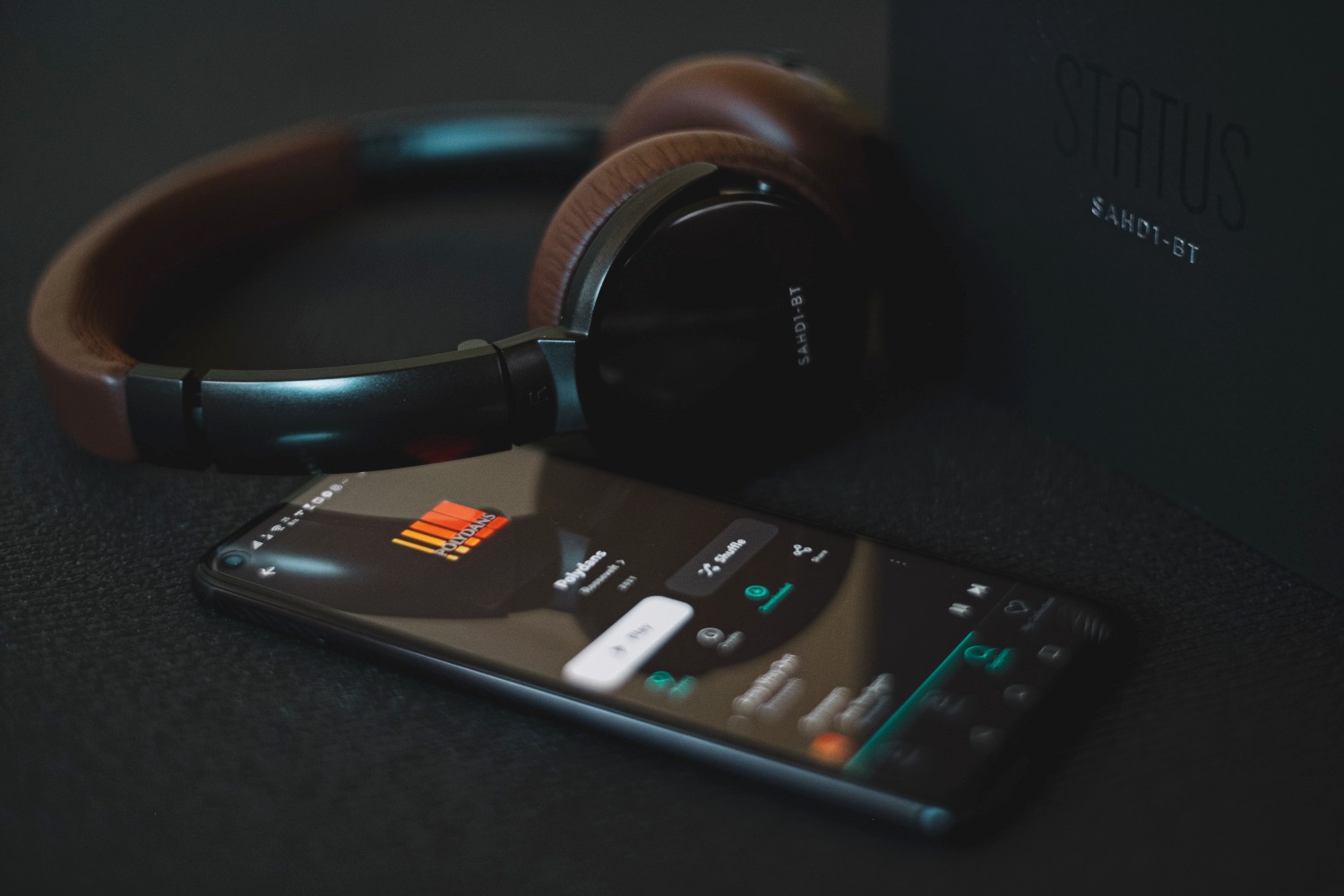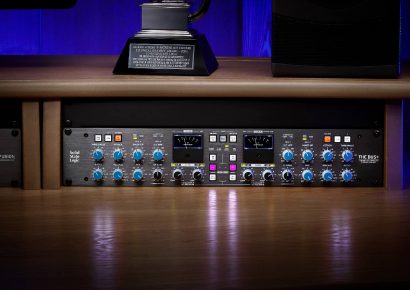Australia's live sector is swinging back, artist managers get their own awards, and more!
Been out of the loop with everything that’s been going on in the music industry recently? We don’t blame you. Here’s a wrap-up of all the biggest Aussie music industry news stories from the past fortnight.
The top headlines:
- Australia’s live sector is swinging back.
- Artist managers get their own awards.
- Streaming makes it easier for Aussie acts to break global barriers.
Keep up to date with the latest industry news here.
How streaming makes it easier for Aussie acts to break global barriers
Spotify for artists’ second Fan Study shows how it’s never been easier for acts to create a global fanbase.
- Music tastes are wider than ever before. The proportion of tracks reaching the global Weekly Top Songs chart from outside North America and Europe has more than doubled.
- International collaborations continue to rise: 84 per cent are from outside the main artist’s home country.
- Aussie acts can make use of super fans’ obsession. For instance, those repeatedly streaming their favourite act are 63 per cent more than the global average in Germany, and 46 per cent more in South Korea. Those in Thailand share tracks at over 80 per cent more than the global rate, with an average of 7.9 shares per listener every month.
- Music listeners no longer see borders. Those in the Asia-Pacific stream artists from 11 different countries a month. It’s 12 artists for streamers based in the Middle East/Africa, 14 in North America, 14 in Latin America, and 16 in Europe.
- Australian acts must realise most of their first listens are not in Australia. On average, 66 per cent of new artist discoveries happen outside an artist’s home country.
However having said that, Spotify data suggests that an Australian act should focus on the Australian market with their first release.
Over half of new followers will hail from Australia. But after 12 months, 57 per cent of them will be from outside the border.
Live sector swings back, waving ‘Love’ flag
There are still road humps but the Australian live sector is returning with great(er) confidence.
Over March and April, over one thousand acts played in more than 500 venues as part of the NSW government/ ARIA initiative Great Southern Nights.
Early figures didn’t indicate how many punters attended (the last round drew 75,000) , or break down how much work it generated for booking agents, venues, and production crew.
Missy Higgins said: “It’s just so good to finally have opportunities to play live music again.
“Great Southern Nights is a much-needed injection of life into an industry that’s suffered badly lately.
“Not only do they put on big headline shows but more importantly they support hundreds of smaller venues and artists who are trying to grow their fan base from the ground up.
“Those venues are their lifeline. Hopefully there’ll be more initiatives like it in the future.”
George Sheppard of Sheppard who played in the flood ravaged Northern Rivers region commented: “Thanks to Great Southern Nights, we were thrilled to play our first NSW headline show in years at The Kingscliff Beach Hotel.
“Because of this, we were able to provide some much-needed music and positivity to a region which has recently been decimated by the floods.”
The floods and community were uppermost in the thoughts when two major festivals over Easter finally returned after repeated delays.
Bluesfest, which drew 25 thousand each day and is set to inject 100 thousand dollars into the local economy, gave free entry for volunteers helping flood victims.
“They are heroes and should be honoured,” said festival director Peter Noble.
The National Folk Festival in Canberra, also back after a hiatus (38,291 came in 2019), had its opening show themed around the Archie Roach song ‘Let Love Rule’.
Roach sang his song, joined by 13-year old Queenslander Layla Barnett. A thousand artists applied to get the 200 spots.
It wasn’t all love. Fake YouTube and Facebook pages sold streaming tickets to opening and closing concerts, where proceeds went to the Ukraine Emergency Appeal.
Festivals continue to return. Tasmania’s Unconformity, forced to close down in October after a NSW patron escaped hotel quarantine, and losing the local economy 600 thousand dollars, is confirmed to return to Queenstown in October 2023.
The inaugural Winter Sounds, after two trip-ups, is on in Daylesford in Victoria this July.
The national hip hop/EDM Listen Out festival and Listen In return in September and October after a two year hiatus, with international acts.
Artist managers get own awards
Artist managers get their own awards, with the Association of Artist Managers (AAM) holding its inaugural event on Tuesday May 3. It’s held at lunchtime on the same day as the APRA awards when most of the industry is in Melbourne.
Presented by Oztix, there are four categories – breakthrough manager (success in last 12 months), manager of the year (outstanding achievement), community engagement, and legacy award for someone in the game for over 10 years. Find more information here.
Vale DJ Daniel Webber
Byron Bay DJ Daniel Webber, 37, was found dead days after going missing.
Starting out at the age of 17, the one-time champion swimmer was regarded as an influential figure and mentor in the Northern Rivers underground EDM scene.
DJs Brad King and Louis Emile posted how he promoted their early gigs, with King calling him a “super humble dude and the life of the party”.
Musical chairs: WAM, Support Act & more
- Due to less funding during COVID, West Australia’s WAM retrenched four of its eight core staff – regional officer Nigel Bird, regional assistant Izzy Bartlett, industry development officer Claire Hodgson, and admin officer Honor Gleadow.
- Support Act’s new fundraising manager Jemma Arundel has 18 years experience in not-for-profit organisations such as the Great Barrier Reef Foundation, Youngcare, and Alzheimer’s Australia.
- Melbourne Fringe’s new board members are theatre director Michael Kantor and strategic communications expert Feyi Akindoyeni.
- New staffers at Next Wave are Rhen Soggee (senior creative producer) and Emma McManus (creative producer – public programs).
- Hobart’s Theatre Royal’s new program manager is Steve Mayhew who worked at Adelaide Cabaret Festival and Adelaide Fringe.
Listen Up crowd-funding
At a time when the music industry has wellbeing high on the priority list, mental health music charity has been forced to turn to crowd-funding.
Two years ago the charity’s funds were in a strong place, co-founder Ali Taylor explains that “now with design, development, promotion, staffing, travel, accommodation, that we cannot recover, the well has almost run out.”
The charity was to run 10 regional iterations of its Songwriting Prize semi finals and two grand finals, and years one, two, and three of Torch Fest.
“The reality is that we had 11 postponements and 16 venue changes across that period, and of the events that we were able to put on (roughly 40 per cent), they were severely restricted, changed or cancelled entirely.”
In the past weeks, three of the four planned Torch Fest shows were held “but in restricted times and low consumer confidence.
“Attendances were below expectations across the board and, in spite of some incredible shows, we don’t know what the future holds.”
Study to assess impact of community radio
Work will start soon at Monash University in Melbourne on a three-year study to map and assess the economic and sociocultural impact of community music radio and its relationship with the wider music industry.
The Australian Research Council approved the project, Community Music Radio: Building the Music-Media Ecosystem, in collaboration with the Community Broadcasting Association of Australia, Community Broadcasting Foundation, and APRA AMCOS.
Andrew Khedoori, CBAA’s Amrap manager, said, “we know community radio plays a fundamental role in the success of our local artists and this will help us to place a value on that role.”
Find out more here.

